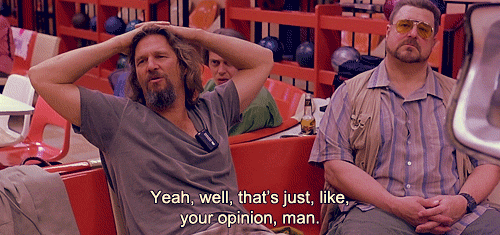Hey guys,
For those that use Anki regularly for med school classes, how do you guys use Anki efficiently AND practically on a daily basis?
In my own experience, every time I sat down and started making my cards from the lecture slides, it just felt like I used A LOT of time making them and it drained a lot of energy out of me. Eventually, this whole process became dreadful at some point. Like, it felt like a real chore to transfer overwhelming amount of information from the ppt slides to Anki.
What am I doing wrong? How much time do you guys usually spend on making the cards each day? How should I go about this to make this process as efficient as possible?
I would greatly appreciate any advice.
Thanks,
For those that use Anki regularly for med school classes, how do you guys use Anki efficiently AND practically on a daily basis?
In my own experience, every time I sat down and started making my cards from the lecture slides, it just felt like I used A LOT of time making them and it drained a lot of energy out of me. Eventually, this whole process became dreadful at some point. Like, it felt like a real chore to transfer overwhelming amount of information from the ppt slides to Anki.
What am I doing wrong? How much time do you guys usually spend on making the cards each day? How should I go about this to make this process as efficient as possible?
I would greatly appreciate any advice.
Thanks,


